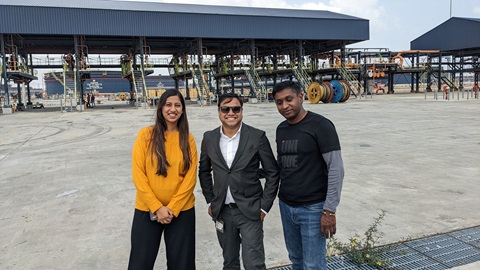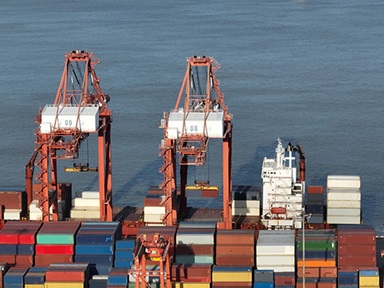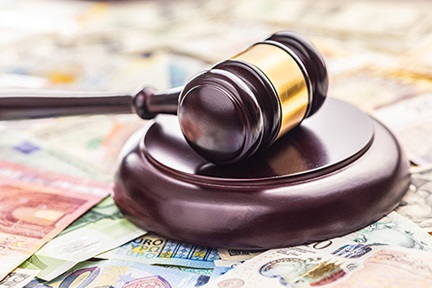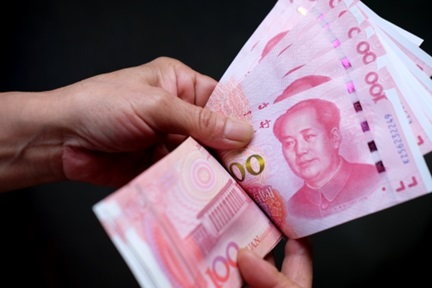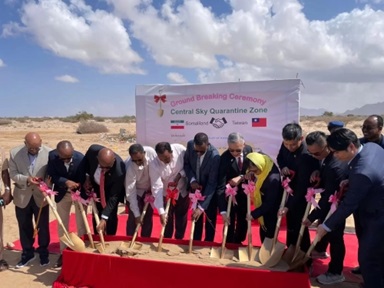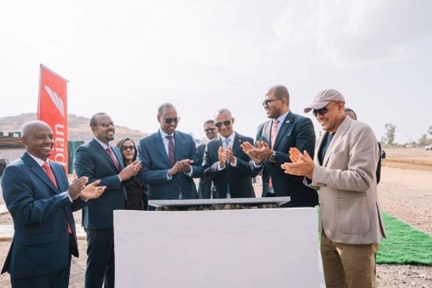VC funding in Africa reaches new heights despite global turmoil
African start-ups have raised over US$1.3bn in Q2, taking the total raised in 2022 so far to US$3.1bn+
By Max Cuvellier

Start-ups in Africa have raised US$1.3bn+ between April and June 2022, by far the strongest Q2 ever recorded on the continent in terms of fundraising. It represents 2.25 times the amount that had been raised last year during the same period (US$582m). All Big Four markets have recorded significant year on year (YoY) growth in Q2 with Kenya leading the way both in terms of growth (12x YoY) and absolute numbers (US$340m), followed by Egypt (2.4x YoY, US$329m), Nigeria (2.3x YoY, US$257m) and South Africa (1.3x YoY, US$162m). The other markets have also grown collectively, though not as fast as the four leading ecosystems; their share of funding raised in Q2 2022 is lower than in Q1 2022 (31% vs. 17%). This could be a sign of investors focusing on larger, more mature – and therefore perceived as less risky – markets, in a tough global context.
Following the very strong performance of Q1[1], numbers for the first half of the year (H1) are equally impressive with start-ups on the continent raising a total of US$3.1bn+, 2.4 times what had been raised in H1 2021. Nigeria, Kenya, and Egypt are displaying very strong YoY growth. Start-ups in Kenya are particularly noteworthy. They have already raised almost twice as much as they had in the whole of 2021. South Africa, however, has registered a slight decline between the two periods (US$392m in H1 2022 vs. US$394m in H1 2021; -0.6% YoY). This time last year South Africa was the market that had attracted the most funding on the continent. However, in H1 2022, it is trailing behind Nigeria, Kenya, and Egypt. Without MFS Africa’s Series C extension announced mid-June (see below), the decline could have been sharper. This relative underperformance is likely to be linked to a range of factors including the impact of power cuts, lingering pandemic effects and an investor community that tends to align its risk appetite to ‘Western’ standards.

If we now compare Africa’s performance to other regions’, the continent appears to be in a particularly strong position. Indeed, according to our numbers[2], and as stated above, Q2 YoY growth established itself at +125% (x2.25). In comparison, all other regions have registered negative YoY growth in Q2[3]: the global average is -23%, and regional performances range from -26% in the US and Europe to -29% in Asia, and -69% in Latin America.
Africa is the only continent to boast positive H1 YoY growth (+138%) in an otherwise bear market (-12% YoY globally). The region’s strong Q2 YoY and H1 YoY performance does contrast slightly with anecdotal evidence from founders stating that it is currently harder for local start-ups to secure funding. A lot of investors though have raised funds in the past couple of years riding the “Africa is rising” wave; while they might be using the gloomy global context to drive valuations down and negotiate tougher conditions, a lot of the capital raised in those funds is yet to be deployed. The numbers so far are still very positive, though some will argue that the market in Africa, being less liquid, it should be expected that global trends will take longer to reflect in the numbers. Time will tell.
On a side note, while some observers have been arguing that the decrease in funding raised by start-ups in Africa between Q1 2022 (US$1.8bn) and Q2 2022 (US$1.3bn) should in itself be read as a sign of VC activity slowing down on the continent, in line with global trends, this analysis somehow fails to factor in seasonality. Indeed, the first quarter of the year is traditionally a very active one on the continent, followed by a relatively lower level of activity in Q2. The -28% QoQ decrease in terms of funding raised in Q2 2022 is in fact comparable to what was observed last year (Q2 2021: -20% QoQ) and far less acute than the year before (Q2 2020: -63% QoQ). At the time, no one interpreted those negative QoQ growth numbers as a sing of decline. In short, negative Q2 QoQ growth is a seasonal event and cannot on its own be used to conclude that funding activity will be slowing down in the longer term.
Of the 200+ deals announced, three are worth a closer look this quarter. First, MFS Africa made the news with the extension of their Series C to US$200 million.[4] This represents a doubling of the initial US$100m Series C announced by the group in November 2021, after their Series B in late 2018. The additional US$100m is a blend of equity and debt. The round was led by Admaius Capital Partners, a new independent private equity house launched in late 2021, with Qatar Investment Authority (QIA) and Rwanda Social Security Board (RSSB) as anchor LPs for its ‘Virunga Africa Fund I’ fund estimated at US$250m. The extension also includes a mix of new (Vitruvian Partners and AXA IM Alts) and existing investors. The additional funding will help support MFS Africa’s expansion plans, including a joint venture with LUN Partners to enable cross-border digital payments between Africa and China. In June 2022, the group had announced its acquisition of a processor for prepaid cards in Africa - Global Technology Partners (GTP)[5] -, a rare acquisition of a US tech company by an African peer. Acquisitions have been part of MFS Africa’s growth strategy who had already purchased Uganda’s Beyonic in 2020, and Nigeria’s Baxi in 2021. MFS Africa’s CEO Dare Okoudjou[6], originally from Benin, has become one of the leading figures of the tech scene on the continent.
Another deal that made headlines in the second quarter was the US$260m Series D of Sun King (previously known as Greenlight Planet).[7] Founded in 2007, the company provides solar energy products for off-grid homes in Africa and Asia and claims to have “powered the lives” of 82 million people across 40 countries. They estimate one in five Kenyans to have benefitted from their products. At US$260m, this round is one of the largest rounds ever recorded on the continent, and highlights the growth of the off-grid space in Africa in the past decade, with other players including Bboxx or M-Kopa, to name only two. Sun King alone is thought to represent nearly 40% of pay-as-you-go solar revenue globally. The round was led by BeyondNetZero (BnZ), the climate investing venture of General Atlantic who have committed US$1bn to their strategy and aim to raise an extra US$3bn from investors. Other key investors included M&G Investments’ Catalyst team and Arch Emerging Markets Partners.
The third deal to be highlighted this quarter is Interswitch’s US$110m round (Series unspecified) announced in May 2022.[8] The last time the company, a veteran in the African tech start-up ecosystem, had made funding news was in November 2019 when Visa bought a 20% stake in the business for US$200m. Through this investment, it became one of the first start-ups in Africa to gain unicorn status (the second after Jumia in 2016). In February 2020, Interswitch had listed a 23-billion-naira bond (US$50m+) on the Nigerian Stock Exchange. Though rumours of an imminent IPO have been circulating for years this deal, along with the 2020 bond, seem to indicate that the company is not prioritising a listing as a way to fund its growth, at least for the moment.
Find out more about the African start-up ecosystem at Africa: The Big Deal, a project by Max Cuvellier and Maxime Bayen.
References
[1] https://www.ntu.edu.sg/cas/news-events/news/details/a-very-strong-start-for-vc-funding-in-africa-this-year
[2] http://thebigdeal.gumroad.com
[3] https://www.cbinsights.com/research/report/venture-trends-q2-2022/
[4] https://mfsafrica.com/press-view/29
[5] https://mfsafrica.com/press-view/27
[6] https://www.theafricareport.com/213105/from-mtn-to-mfs-africa-the-journey-of-dare-okoudjou-the-beninese-boss-conquering-the-us/
[7] https://sunking.com/press-release/
[8] https://www.interswitchgroup.com/leapfrog-investments-and-tana-africa-capital-invest-in-interswitch-to-support-financial-inclusion-and-the-fintech-ecosystem-across-africa

